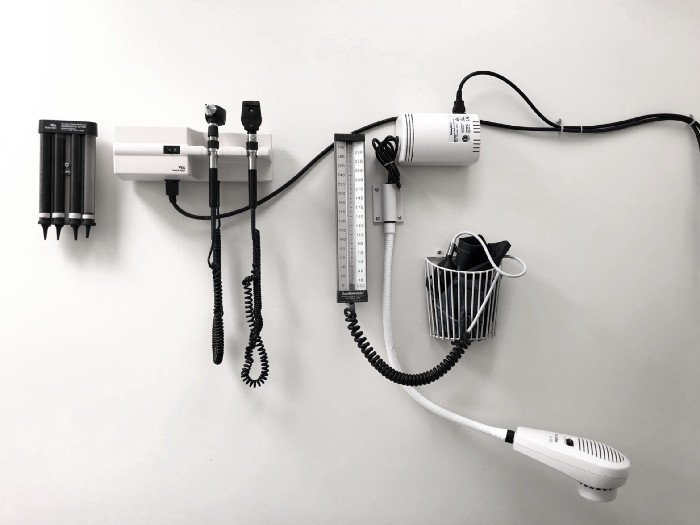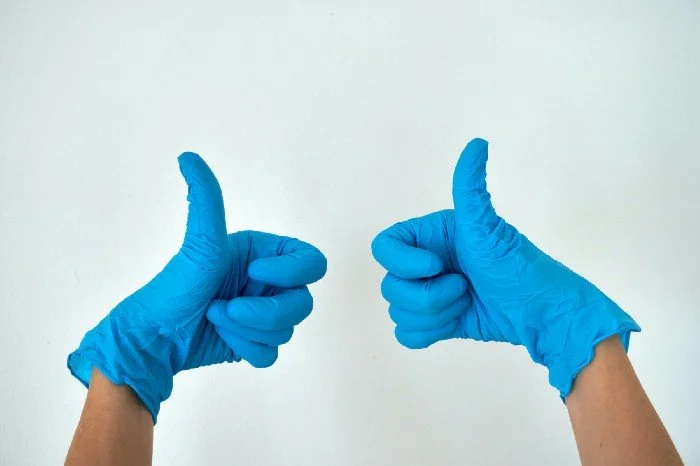Why are Healthy Volunteers Important for Medical Research?
Article by Simone Richer
Before a new drug, device, or intervention is tested in sick patients, clinical trials often recruit healthy participants to investigate the properties of a new product. Healthy volunteers are incredibly important to advancing clinical research, and there are many advantages to volunteering to participate in clinical research.
Let’s first look at why healthy volunteers are needed in clinical research. The aim of early stage drug trials (Phase 0 and Phase 1) is to understand how the medication is processed by human body, and to determine the most effective therapeutic dose. Before testing a new product on sick patients, doctors need to understand how a healthy person’s body responds to the treatment. Once researchers develop an understanding of how the drug interacts body, they continue to use volunteers to determine appropriate drug-dosing. Initially, volunteers will be given a low dose of medication, and over time the dose will be increased so researchers can document the safety, tolerability, and side effects of the new drug. Furthermore, healthy volunteers may also be used to investigate drug-drug interactions or the effects of certain foods and lifestyle factors. Healthy volunteers should match the demographics of the patients who would ultimately be taking the drug. For example, if a pharmaceutical company is testing a new medication for menstrual cramps, they would likely target healthy women of childbearing age. They would certainly not conduct early phase trials in healthy older men. Finally, healthy volunteers may also be used to investigate drug-drug interactions or the effects of certain foods and lifestyle factors. Overall, medical research depends on healthy volunteers to develop new knowledge and define the ‘normal response’ to a new drug or procedure.
Photo by Abby Anaday on Unsplash
So now that you understand why clinical trials need healthy volunteers, it is important to know what you, as a healthy individual, can gain from participating in a clinical trial. Most volunteers are motivated by the monetary compensation they receive from participating in medical research. If you are a student or in-between jobs registering for a trial can be a great way to make some extra money. However, there are many more benefits than financial reward. As a healthy volunteer you will learn more about your own health, you will be closely monitored by a team of skilled healthcare workers, and are likely to receive free health examinations. Not only will you be provided with high-quality medical care, you will have the opportunity to meet a variety of people and make new friends. Finally, as a volunteer for a clinical trial, you will be contributing to the advancement of modern medicine, and there is a great sense of altruism in helping to make a difference for future patients. If you have ever had a friend, family member, or loved one fall sick and thought “what can I do to help?”, you should consider the impact you can have by advancing medical research through your participation in a clinical trial.
Before registering for a clinical trial as a healthy volunteer, there are a few final things to consider. The new product will have already passed many rounds of testing, and the incidence of a serious adverse effect is very low, however there may still be some risks or unpleasant side effects, and it is important to discuss these with your own doctor and the medical research team. Here are some important questions you should consider before participating in a clinical trial
What is the purpose of this study?
What are the specific inclusion criteria for volunteers?
What tests, treatments, and procedures are required?
What are the possible risks and side effects?
What is the time commitment?
How will participating in this study impact my daily life?
After reviewing the answers to these questions, you will be able to determine if the clinical trial is a good fit for you. I hope you consider joining a clinical trial and appreciate the direct impact healthy volunteers have on the advancement of medical research
For more information on clinical trials available to treat, diagnose and manage disease, click on our website link: www.healmaryapp.com
The content on this site is not intended to be a substitute for professional medical advice, diagnosis, or treatment. Please seek the advice of your physician or other qualified health provider with any questions you may have regarding a medical condition.
References
References
Chen, Stephanie C et al. “Phase 1 healthy volunteer willingness to participate and enrollment preferences.”
Clinical trials (London, England) vol. 14,5 (2017): 537–546. doi:10.1177/1740774517722131
Fisher, Jill A et al. “Healthy Volunteers’ Perceptions of the Benefits of Their Participation in Phase I Clinical
Trials.” Journal of empirical research on human research ethics : JERHRE vol. 13,5 (2018): 494–510.
Healthy Volunteers. (2020, February 25). Retrieved May 29, 2020, from
https://clinicalcenter.nih.gov/recruit/volunteers.html
Clinical Trials: Should You Participate? Retrieved May 29, 2020, from
https://www.urmc.rochester.edu/encyclopedia/content.aspx?contenttypeid=1&contentid=2830



